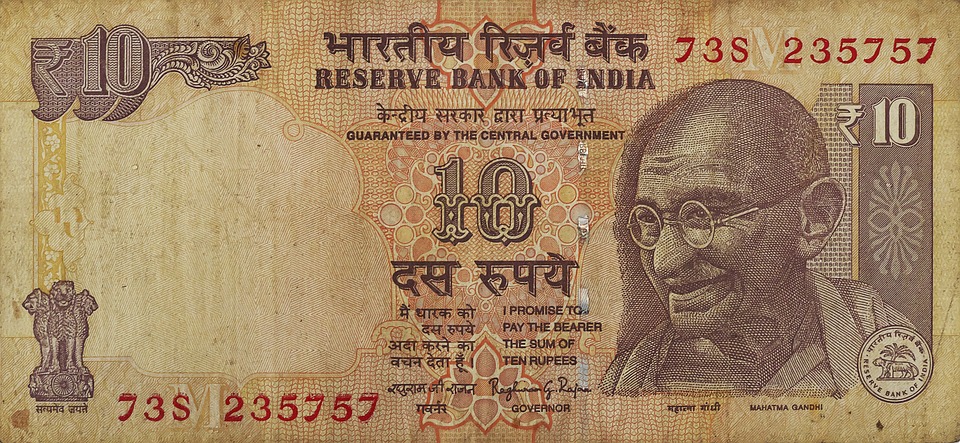Understanding Bad Credit Loans
Bad credit loans are financial products designed for individuals with poor credit histories. These loans can be a lifeline for those who have struggled to manage their finances in the past but need access to funds for emergencies or other essential needs. While they can offer a temporary solution, it’s crucial to understand their implications and explore all available options and alternatives.
Types of Bad Credit Loans
1. Secured Loans
Secured loans require collateral, such as a car or a home, to back the loan. This collateral reduces the lender’s risk, making it easier for individuals with bad credit to qualify. However, failing to repay the loan can result in the loss of the asset used as collateral.
2. Unsecured Loans
Unsecured loans do not require collateral and are based solely on the borrower’s creditworthiness. These loans often come with higher interest rates due to the increased risk for lenders. Unsecured loans can be difficult to obtain for those with bad credit but are available from some lenders who specialize in this market.
3. Payday Loans
Payday loans are short-term, high-interest loans intended to cover immediate expenses until the borrower’s next payday. They are relatively easy to obtain, even with bad credit, but come with significant risks due to their high fees and potential for creating a cycle of debt.
Alternatives to Bad Credit Loans
1. Credit Unions
Credit unions often offer more favorable terms than traditional banks for personal loans, even to those with less-than-perfect credit. They are member-owned, non-profit institutions that may provide lower interest rates and more flexible repayment options.
2. Peer-to-Peer Lending
Peer-to-peer lending platforms connect borrowers directly with individual investors. These platforms often have more lenient credit requirements and can offer competitive rates. However, approval is not guaranteed, and terms can vary widely.
3. Family and Friends
Borrowing from family or friends can be a viable alternative, potentially offering interest-free or low-interest loans. It is essential to approach this option with a clear repayment plan to maintain trust and prevent any strain on personal relationships.
4. Debt Management Plans
Working with a credit counseling agency to develop a debt management plan can help individuals manage existing debt more effectively. These plans can reduce interest rates and consolidate payments, making it easier to pay off debt without taking on additional loans.
Conclusion
While bad credit loans can provide necessary relief in financial emergencies, they often come with high costs and risks. It is crucial to explore all options and alternatives before committing to a loan. By understanding the different types of loans available and considering alternatives like credit unions, peer-to-peer lending, or support from family and friends, individuals with bad credit can make more informed financial decisions and work towards improving their credit standing over time.


